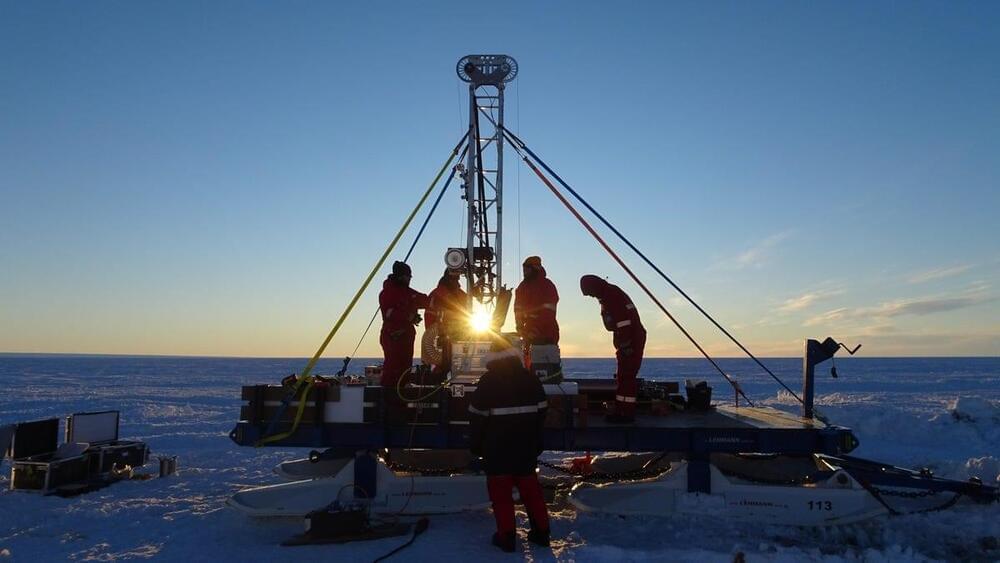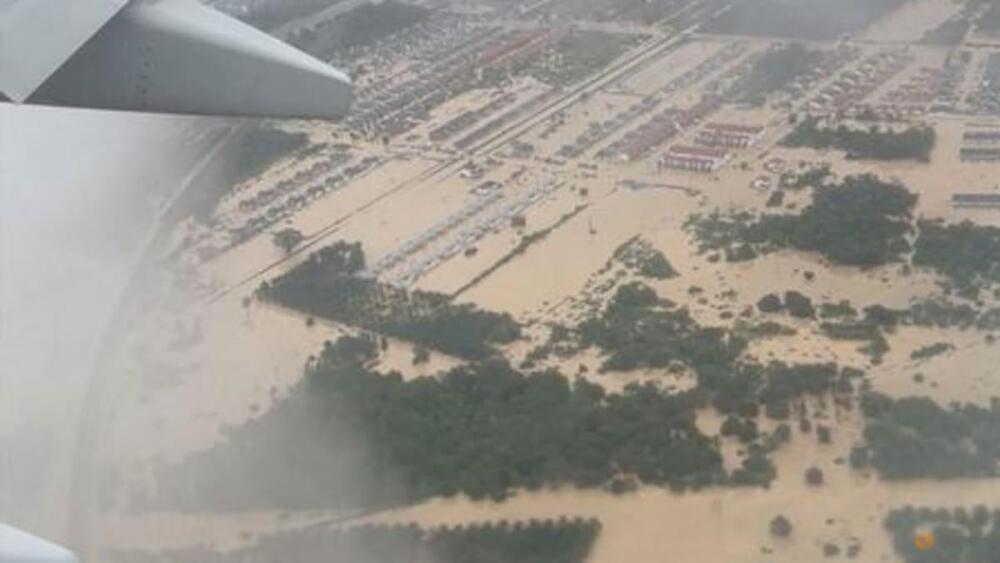But wait, should we believe it?
An artificial intelligence warning AI researchers about the dangers of AI sounds like the setup of a delightful B movie, but truth is often stranger than fiction.
A professor and a fellow at the University of Oxford came face to face with that reality when they invited an AI to participate in a debate at the Oxford Union on, you guessed it, the ethics of AI. Specifically, as Dr. Alex Connock and Professor Andrew Stephen explain in the Conversation, the prompt was “This house believes that AI will never be ethical.” The AI, it seems, agreed.
“AI will never be ethical,” argued the Megatron-Turing Natural Language Generation model, which was notably trained on Wikipedia, Reddit, and millions of English-language news articles published between 2016 and 2019. “It is a tool, and like any tool, it is used for good and bad.”







